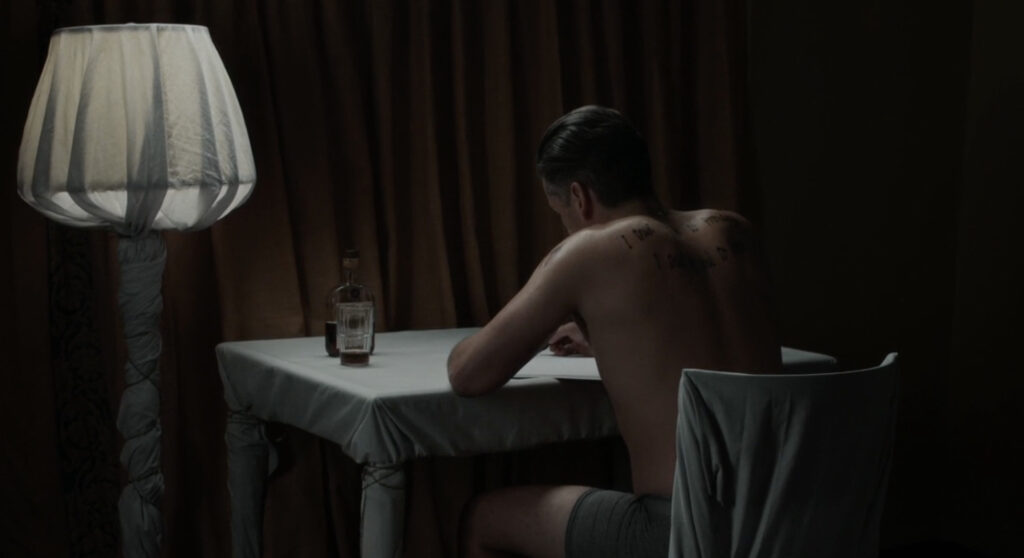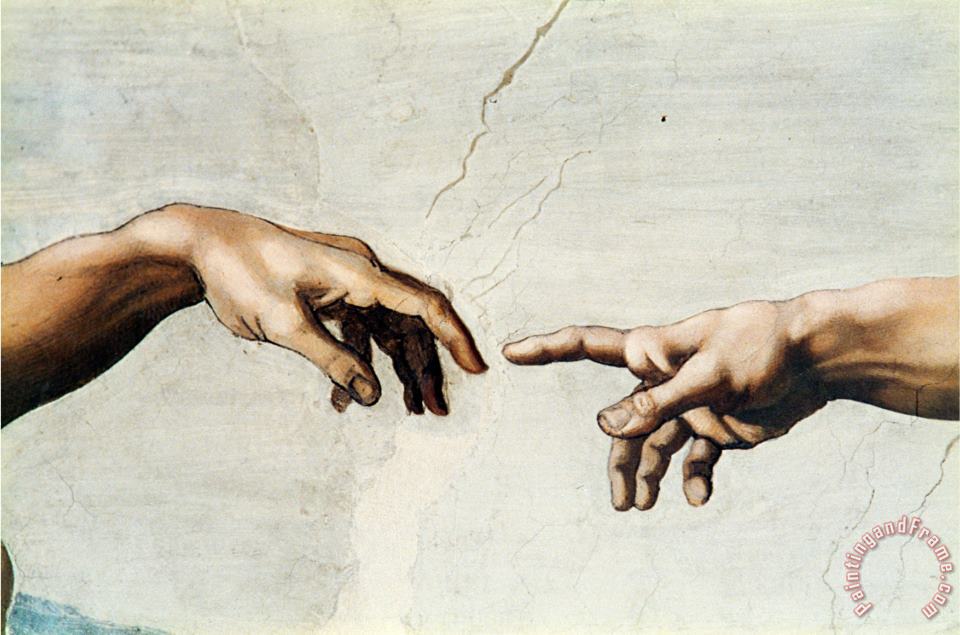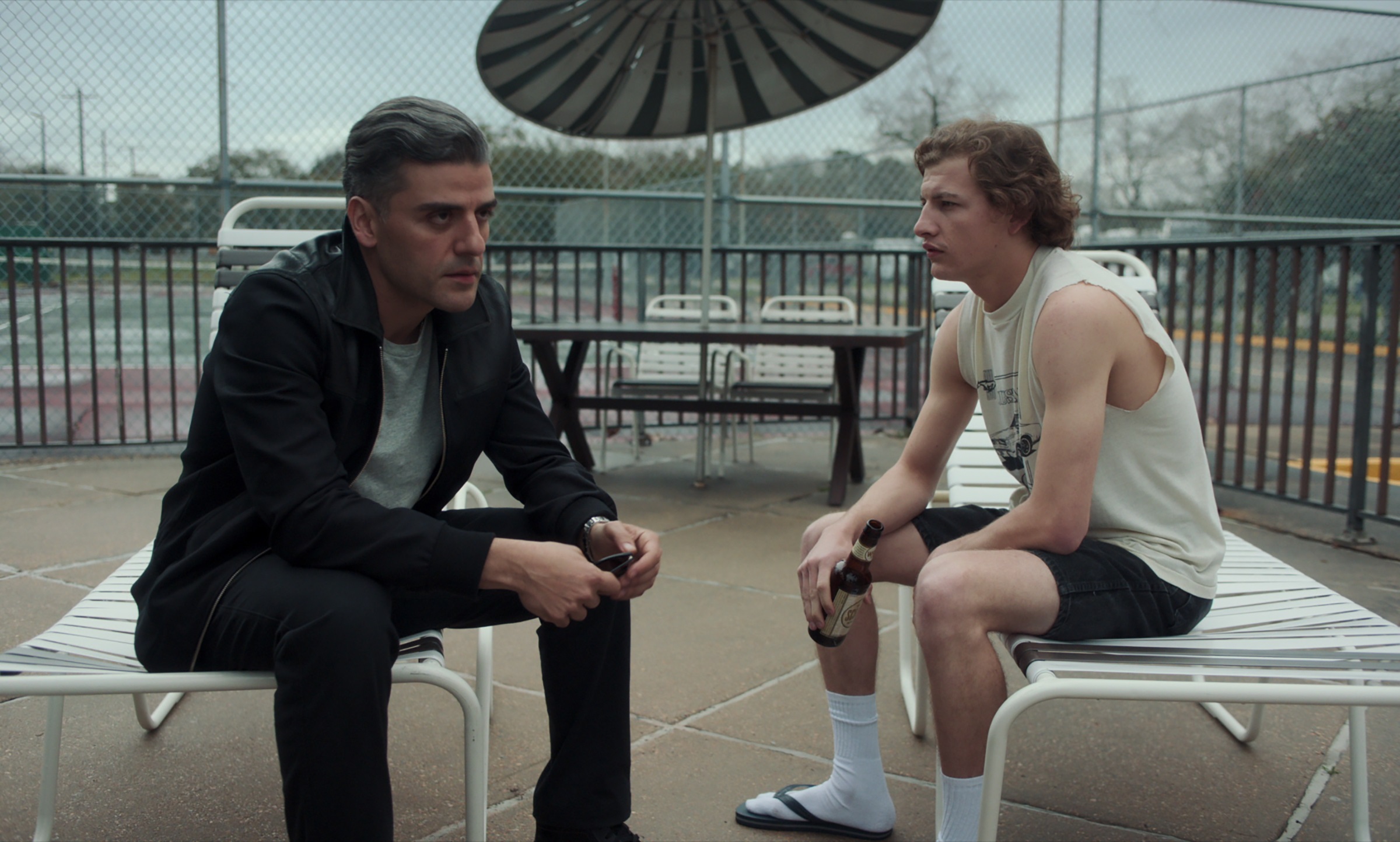The Card Counter Movie’s Weird Ending Explained. As I said in the spotlight recommendation list the other day, this movie has been on my radar for a while, but it didn’t become interesting to me until I read this: ““The Card Counter” — what makes it a fresh riff on Paul Schrader’s usual formula, and broadly absolves it from lacking the transcendent power of a First Reformed — is that William Tell (Oscar Isaac) is actually trying to work out a clean answer. He’s trying to take expiation into his own hands and live to enjoy it. … The difference between “First Reformed” and “The Card Counter” is the difference between asking “Will God forgive us?” and “Can we forgive ourselves?” It’s not a matter of potentiality, but rather a question of possibility. Schrader’s latest is still baptized in the same religious asceticism that runs through so many of his films, but its lonely man is only focused on the things he can control.”” If that is too much – let me put it simply… The Card Counter wouldn’t appear to be about what you might assume it might be about. e.g. let’s just say that this movie isn’t about poker or blackjack. It’s actually more akin to a theology text than it is a card movie… just saying. So, if you were expecting a hard stakes action card thriller? Nah, take a pass on this one. Worse, it’s actually a bad theology text… like, a really boring theology text… so there’s that. But it is still worth diving into and seeing if we can understand that ending.
The Card Counter’s Interesting Theological Hot Takes
There is a lot going on in this movie, and yet, not enough. How is that possible? Regardless, there were a number of quotes from the movie that might have been more appropriate to a Papal Bull or maybe a dusty theological parchment, that I found kind of interesting. So, I’ve taken every single quote from the movie that lit my cortex on fire, and placed them here to help set the stage:
“There is weight a gambler can accrue by accepting financial backing. It’s like any weight a person can accrue. It builds and builds, has a life of its own. There is also moral weight a man can accrue. This is the weight created by his past actions. It is a weight that can never be removed.”
On Will’s back is the tattoo: “I trust my life to Providence, I trust my soul to Grace.”
“Is there an end to punishment, is there a limit to the amount of effort it takes to warrant expiation? Is it possible to know when one reaches the limit?”
“The feeling of being forgiven by another, and forgiving one’s self are so much alike, there’s no point in trying to keep them distinct.”

Quick The Card Counter Walkthrough
William Tell taught himself to count cards while in prison. Why was he in a prison? A military prison at that?! Great question. And using his skills at counting, he just slowly works the casinos for a little here, a little there… and stays under the radar, taking just enough to survive on. And every night he heads out of the Casino’s to stay at a nearby motel, where he wraps everything in the room in sheets. Huh.
An old acquaintance, La Linda, pitches Tell on getting a backer and going all the way to the World Series of Poker. He initially tells La Linda no, but when Tell meets Cirk, and decides he wants to help him, he tells her that he’ll do it. Now, who is this Cirk? He happens to be the son of a man that trained under Major John Gordo at the Abu Ghraib prison. Eventually Cirk’s father committed suicide, and Cirk decides he wants to get revenge on Gordo and he enlists Tell’s help in order to torture and kill him. But instead, Tell is determined to save the kid. But that will require money, and that means, The World Series of Poker.
Eventually, Tell, having been unsuccessful with the soft approach, takes Cirk back to his motel room in order to scare him into leaving Gordo alone. He threatens to torture the kid, but instead gives him $150K in an attempt to get him to reconnect with his mother, and start his life over again. But it doesn’t work. Because while Tell is sitting at the final table of the World Series of Poker, he finds out that Cirk has been killed by Gordo. Walking away from La Linda, and the tournament, he makes a bee line to Gordo’s house. And it’s there that he tells Gordo what is going to happen. “They would engage in a dramatic reenactment” of their time in Abu Ghraib. We don’t see anything, but we hear them both screaming in agony. Tell eventually appears, and he is severely wounded… and he calls the cops to let them know that there has been a homicide. hrmmm. For which Tell is obviously incarcerated. As the movie ends, La Linda comes and they both put a finger out against the glass that separates them both. The end. WAIT WHAT?
The Card Counter Movie’s Weird Ending Explained
First things first, as the rating denotes, I despised this movie. Oscar Isaac is so much better than this movie. His acting in Ex Machina was glorious, or A Most Violent Year… hell, his acting in The Last Jedi even! Which makes me realize that when actors select a movie to join they have to look at a lot more than just the script. They have to pay attention to the director, the cinematographer, the editor… etc., etc. Because this movie was just atrociously wooden and blocky bad. I can’t even describe it. Yes, I understand that the character of Tell is stinted, and restrained. BUT. THE. CHARACTERS. ALL. DIDN’T. HAVE. TO. TALK. THIS. WAY. ALL. THE. TIME. Horrifying. Just so bad.
Regardless, what was this movie about? Any movie that nonchalantly drops in the word, expiation has to have something tricky up its sleeve.
Here’s the long and short of it. Tell is broken by his sins from his time in Abu Ghraib. (Can I just say that Abu Ghraib is getting old as a de-facto definition of sin. A sniper accidentally hitting a woman behind his main target? Someone that detonates bombs that screws up, and blows up a family? I mean… the ambiguity could add glorious color to a movie like this. Abu Ghraib is so over played as a moral black… just saying.) He tortured people, and he enjoyed it way too much. When photos were released of Tell doing what he did, Gordo didn’t get busted, but Tell did. But while in prison, Tell learned to cope with life better there than anywhere else. It was controlled. It was defined.
Enter Cirk. He is listless, lost, and in debt. His father committed suicide and he bailed on his mother. His only hope is to play at revenge. To kill Gordo in the hope of freedom from his control. But Tell is really clear on this point for Cirk… there will be no freedom from this particular past. Killing Gordo will not do anything for him.
“Is there an end to punishment, is there a limit to the amount of effort it takes to warrant expiation? Is it possible to know when one reaches the limit?”
Wait – what is he on about now? He’s talking about the forgiveness of sins. Expiation is literally just a word that means amends. Or reparations:

He’s asking if there is some sort of atonement that is possible for his own actions. But the question isn’t relevant just for people that tortured others in Abu Ghraib. You? Me? We’ve all screwed up today. Some more egregiously. But it’s all sin. So, the question isn’t for Tell… how does he expiate his past. The question is for us, how do we expiate the day?
Ultimately, The Card Counter finds its own forgiveness from the forgiveness of others. “The feeling of being forgiven by another, and forgiving one’s self are so much alike, there’s no point in trying to keep them distinct.” And while, interesting… and soothing, I’d argue is just kind of cute. La Linda literally knows nothing about Tell’s life and crimes. Yes, her grace for Tell and his murdering of Gordo is vast and wide. But even that I would argue as being irrelevant. Think about it this way…
You and I meet in a … bar. No. In a dentist office (this analogy just got infinitely better). Me, being me… and you being you. We are about to go in for a cleaning and a new crown, respectively. And I let slip that I burnt down my previous dentist’s house. You are shocked. I feel badly about it. And you see how badly I feel about it all. And graciously, you give me a hug, and tell me that you forgive me for my horrifically terrible act. My current dentist’s receptionist calls the cops and I go to jail, as I should. Why does your kind hug, and warm forgiveness not matter? Because IT WASN’T YOUR HOUSE THAT I BURNT DOWN! Similarly, in this movie, La Linda’s kindness is sweet. But, is she related to these men that Tell tortured? Better yet, is she the men that he tortured? NO! Then, while it is kind of her, it’s really quite irrelevant.
Better yet, the idea of real expiation is the concept of being forgiven crimes of morality… of which, only God can forgive. So La Linda’s forgiveness is even more egregiously irrelevant. Are you picking up what I’m putting down here?
Paul Schrader – the writer and director of The Card Counter crushed it with his movie First Reformed. Heck, he knocked the ball clean out of the park with Taxi Driver. Both dealt in the murkiest of murky grays. Why bother with black, or white, when we can flounder in the gray? But with The Card Counter, Schrader left the complexities of the deep shades of gray, and instead went running for the safety of the shores of black and white. But what did that get him? Tripe. The acting was bad. The editing was horrific. The performance from beginning to end was uninteresting. True, I could have watched Oscar Isaac sitting in that white motel room writing, and talking, all day long. This is fact. But otherwise, this movie was painful in really any and every way. Worse, it was a moral cop out in that Tell assumed that murdering the murderer of his new befriended son… but in so doing has just committed the failing he told Cirk not to fall for. It was duplicitous at best!

I don’t know – nothing about this movie worked for me. When I heard it was from Paul Schrader, I was all in. And when I watched it… there was something about it that just fell flat. I don’t know. I think I would have loved it if only it had gotten its ideas of expiation straight. If nothing else! But it could even get that part right… let alone the movie making bits. Gahhhh. Worse, this ending? It is a reference to Michelangelo’s Sistine Chapel’s painting of Adam and God.

Gah. Overused, abundantly obvious. And also quasi-irrelevant seeing as though Adam is not making much effort to reach to God, and God is stretching out to man. See, again, the theology here just fails for us again and again.
Edited by: CY

